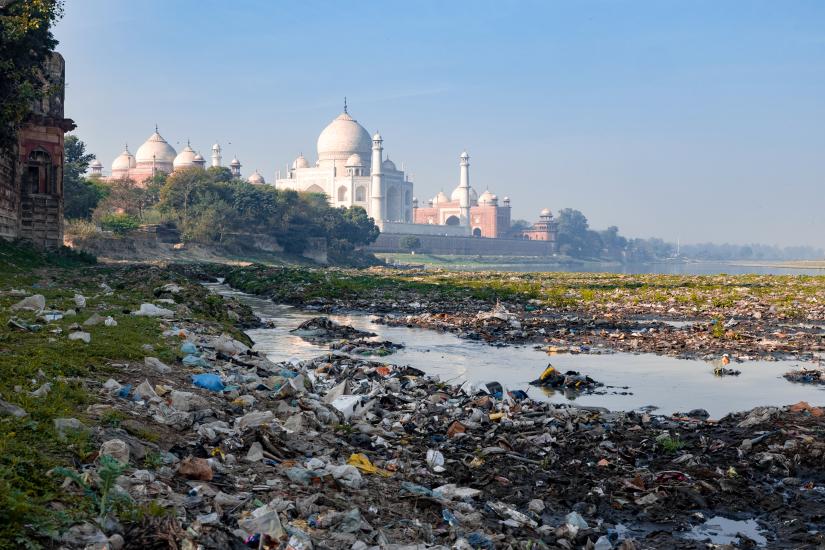India is on a mission to reduce plastic waste, driven by value chain innovation and socio-technical solutions with a new circular economy roadmap that will guide the way.

Global plastic pollution is a pervasive issue, with India experiencing heightened severity due to a rapidly growing wealthy middle class and the sheer volumes of plastic waste generation associated with a growth economy.
Twenty-six thousand tonnes of plastic waste is generated in India each day, with only eight per cent of the plastic waste being recycled.
As a country with high rates of economic and population growth, heavy dependence on the informal waste sector, fragmented formal waste collection and recycling systems, India has a substantial challenge ahead to tackle its domestic plastic pollution problem.
However, promising initiatives are currently in progress on both a global and domestic scale.
The launch of the roadmap report ‘National Circular Economy Roadmap for Reducing Plastic Waste in India’ is a pioneering effort aimed at reducing plastic waste destined for landfills or polluting the environment.
This roadmap is the culmination of three years of collaborative research by a team of over 50 researchers from two Australian Universities, CSIRO and three Indian partners.
It represents a global partnership involving the University of Technology Sydney Institute for Sustainable Futures (ISF), CSIRO, The Energy and Resources Institute, the Council of Scientific and Industrial Research (CSIR), Development Alternatives, and the University of New South Wales.
Dr. Simran Talwar, ISF Research Principal, states, "The research took a whole-of-system approach and was informed by multi-stakeholder perspectives over the three-year period. Four research streams examined policy frameworks and priorities, case studies of circular business models, community and industry-backed initiatives, as well as behaviour change as the underpinning framework to support a circular economy transition."
The report provides a living framework addressing the entire plastics value chain and an analysis of India's plastic material flows, policy frameworks, business models, recycling technologies, and secondary materials demand and usage, underpinned by community and behaviour-led social change.
Dr. Talwar explains, "The recommendations in the roadmap address both the socio-political and technological interventions needed to accelerate a circular economy for plastics. The solutions are embedded in India’s unique ecosystem, which thrives on a massive informal waste infrastructure, supplemented by local and municipal initiatives to drive community education and engagement."
The roadmap aims to catalyse a more inclusive circular economy for plastics in India by driving innovation and creating value from plastic waste. Therefore, contributing to the achievement of the United Nations Sustainable Development Goals, and help reach global net-zero targets.
Only through unified efforts and global collaboration can we hope to effectively achieve lasting solutions and a sustainable future for the planet.
Read the full roadmap here
Read the summary here

